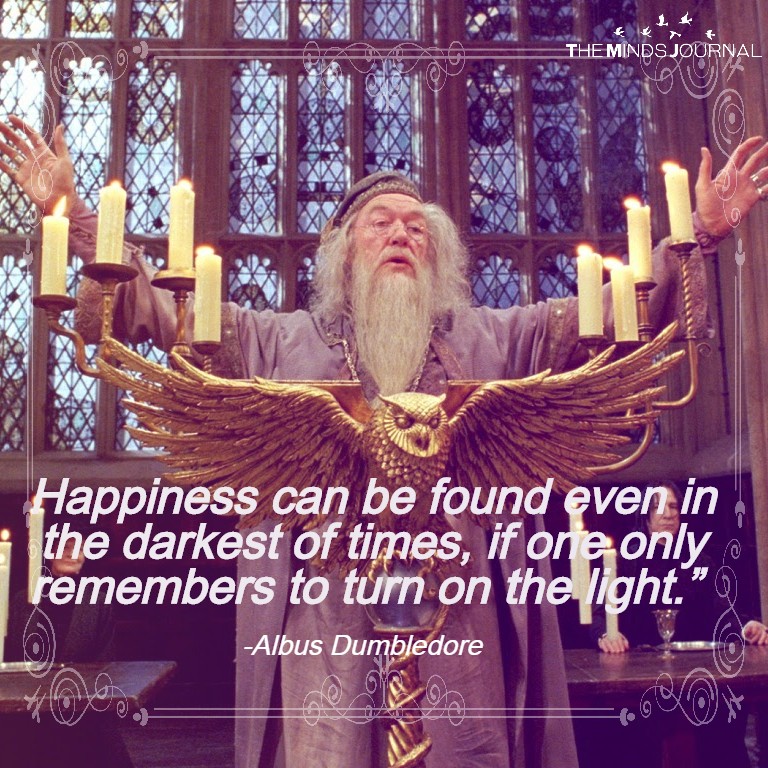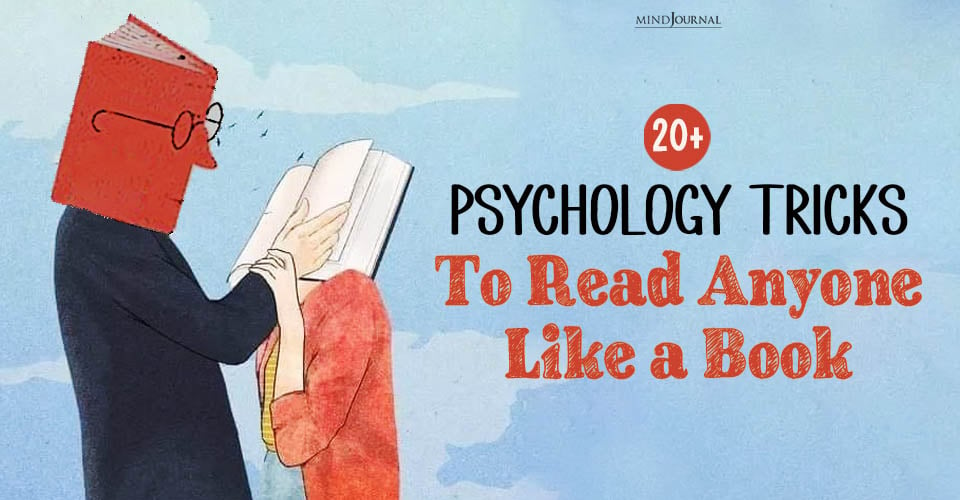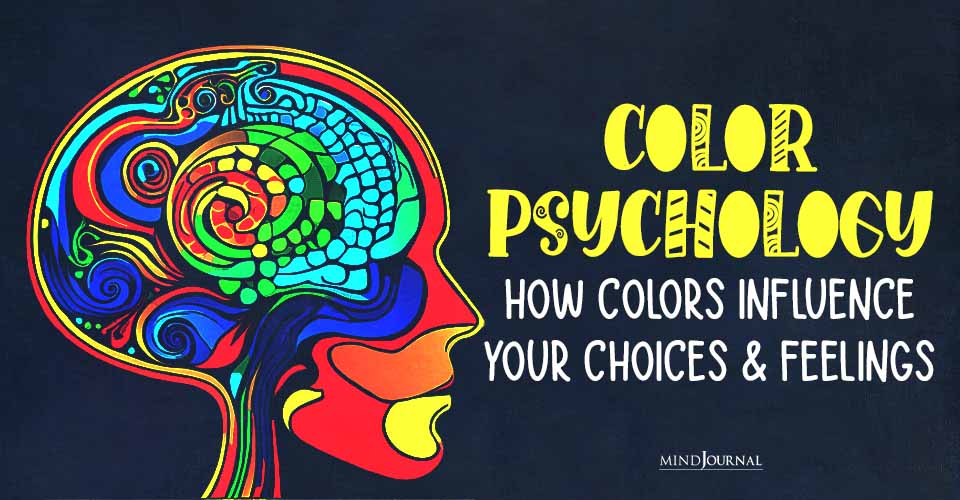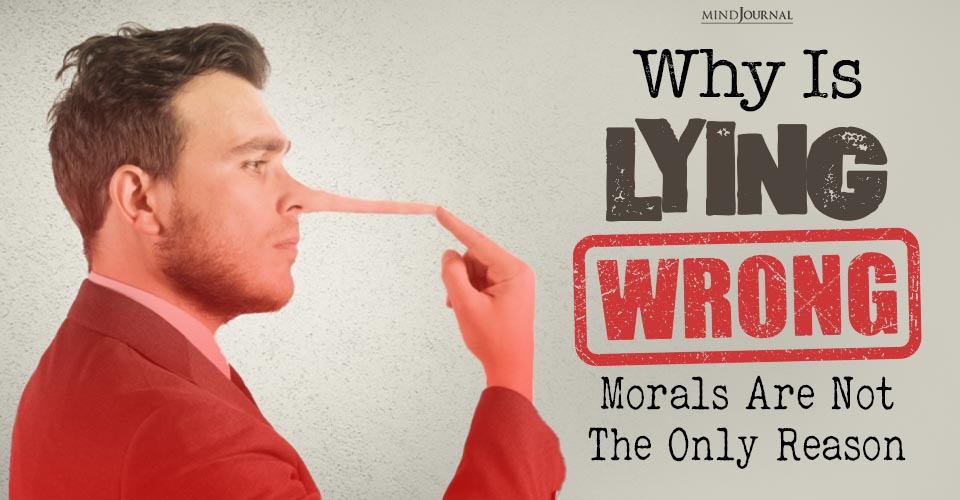Have you ever wondered about the intricate threads of Carl Jung’s Map of the Soul and its connection to popular culture? How has it been woven into our favorite stories and music?
Our favorite movies, books and songs tap into the depths of our souls and resonate with us on a profound level. This is where Carl Jung, a renowned Swiss psychiatrist and psychoanalyst, comes in. Jung’s Map of the Soul is a remarkable book that provides profound insights into the human psyche.
So let us unravel the layers of symbolism of Jung’s Map of the Soul and Jungian psychology in popular culture and unveil how it manifests in the stories and characters that captivate our hearts and minds.
The Archetypes in Jungian Psychology: Universal Patterns of the Human Psyche
One of Carl Jung‘s most influential concepts revolves around archetypes. Archetypes are universal patterns or symbols that reside deep within the collective unconscious, a reservoir of shared human experiences.
Related: Psychologist Carl Jung on Spirituality
These archetypes represent fundamental human drives, desires, and fears that transcend cultural boundaries. Think of them as the building blocks of our psyche, shaping our thoughts, emotions, and behaviors.
In popular culture, these archetypes become the backbone of memorable characters and narratives that resonate with audiences across the globe.
Now let us look at the impact of Jungian psychology in popular culture derived from Jung’s Map of the Soul.
1. The Hero’s Journey: From Luke Skywalker to Harry Potter
The Hero’s Journey archetype is a timeless narrative pattern found in myths, legends, and modern storytelling. It follows a hero’s transformative journey through challenges, self-discovery, and ultimately triumph.

From the ever popular tale of Luke Skywalker in Star Wars to the magical adventures of Harry Potter, we witness the heroes’ inner struggles and growth as they embody the universal human longing for purpose, courage, and self-realization.
2. The Wise Mentor: Gandalf, Yoda, and Beyond
The Wise Mentor archetype in Jungian psychology appears as a guiding figure who imparts wisdom, knowledge, and guidance to the hero.
Whether it’s Gandalf from The Lord of the Rings or Yoda from Star Wars, these characters represent the innate human desire for guidance and enlightenment. They offer support and teach valuable lessons, helping the hero navigate the complexities of their journey and discover their true potential.
Related: What Is Anima And Animus? Exploring Carl Jung’s Theory Of The Unconscious Mind
Shadow and Persona: Exploring the Depths of Human Nature
Jung’s Map of the Soul delves into the darker aspects of the human psyche- the Shadow and Persona. The Shadow represents the hidden, repressed, and often undesirable aspects of ourselves that we hide from the world.
In popular culture, the Shadow archetype manifests in complex villains who embody our deepest fears and suppressed desires.
1. The Dark Knight: Batman and the Shadow
Batman, the iconic superhero, embodies the Shadow archetype. Behind the mask lies Bruce Wayne, a tortured soul grappling with his own darkness and seeking justice.
Christopher Nolan’s The Dark Knight trilogy explores the intricate relationship between light and darkness, good and evil, highlighting the eternal struggle within the human psyche.

2. Walter White: Unveiling the Shadow in Breaking Bad
The critically acclaimed TV series Breaking Bad provides a compelling example of the Shadow archetype through its protagonist, Walter White.
As a humble chemistry teacher turned methamphetamine manufacturer, Walter’s descent into darkness reveals the hidden desires and suppressed frustrations that lurk within us all.
The show serves as a cautionary tale, reminding us of the consequences of succumbing to our darkest impulses.
So it is pretty evident that Jung’s Map of the Soul has left a lasting impression in our favorite movies and books. This is the impact of Jungian psychology in popular culture
Related: The 7 Jungian Inner Child Archetypes: Which One Is Your Inner Child?
Individuation: Discovering the True Self
Jung believed that the ultimate goal of human life is individuation – the process of integrating and harmonizing all aspects of one’s psyche. Through individuation, we strive to become our authentic selves, embracing both our light and shadow.
Popular culture often mirrors this quest for self-discovery and the pursuit of personal transformation.
1. The Matrix: Awakening to Reality
The Matrix trilogy provides a thought-provoking exploration of individuation. Neo, the central character played by Keanu Reeves, embarks on a journey to awaken from the illusory world and discover his true self.
This allegory resonates with our innate yearning for authenticity and understanding the nature of reality.
2. Moana: Embracing Identity and Purpose
The animated film Disney’s Moana embodies the theme of individuation through its young heroine. Moana sets sail on a daring adventure to reconnect with her ancestral roots, embracing her identity and discovering her purpose.
The movie reminds us of the importance of self-discovery and staying true to our calling.
Related: 60+ Carl Jung Quotes On Finding Your True Self
Takeaway

Carl Jung’s Map of the Soul provides a profound framework for understanding the human psyche and its connection to popular culture. By recognizing the archetypes, exploring the Shadow and Persona, and embracing the journey of individuation, we gain insights into the stories and characters that captivate our imaginations.
Popular culture becomes a mirror through which we explore our own depths, igniting a sense of self-discovery, empathy, and interconnectedness.
So, the next time you find yourself engrossed in a movie or enthralled by a novel, remember that it might just be Jung’s Map of the Soul guiding you on a transformative voyage through the depths of human experience.
Frequently Asked Questions (FAQs):
What was Jung’s view of the psychology of other cultures?
Jung viewed the psychology of other cultures as rich sources of collective unconscious symbols, archetypes, and universal themes.
What is Carl Jung’s most famous idea?
Carl Jung’s most famous idea is the concept of the collective unconscious, which contains shared symbols and archetypes.
What is the meaning of the map of the soul?
The map of the soul symbolizes the journey of self-discovery and integration of the unconscious aspects of the psyche.










Leave a Reply